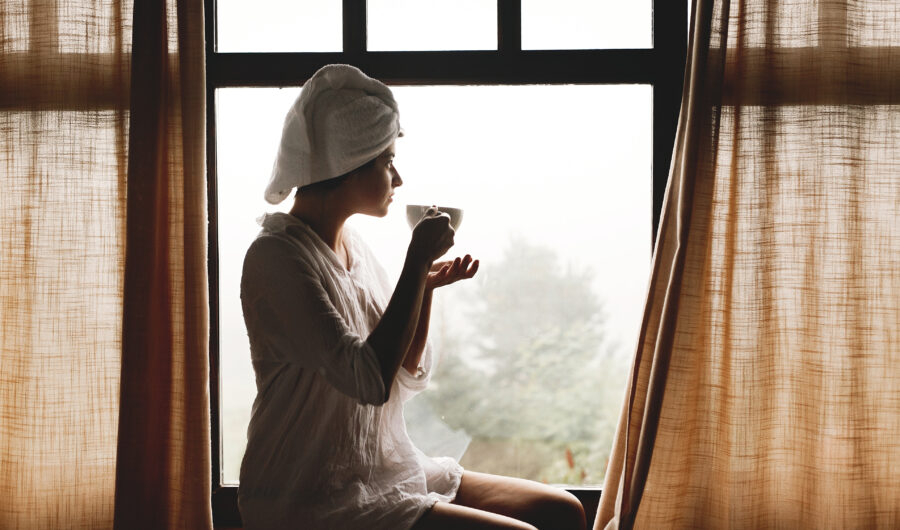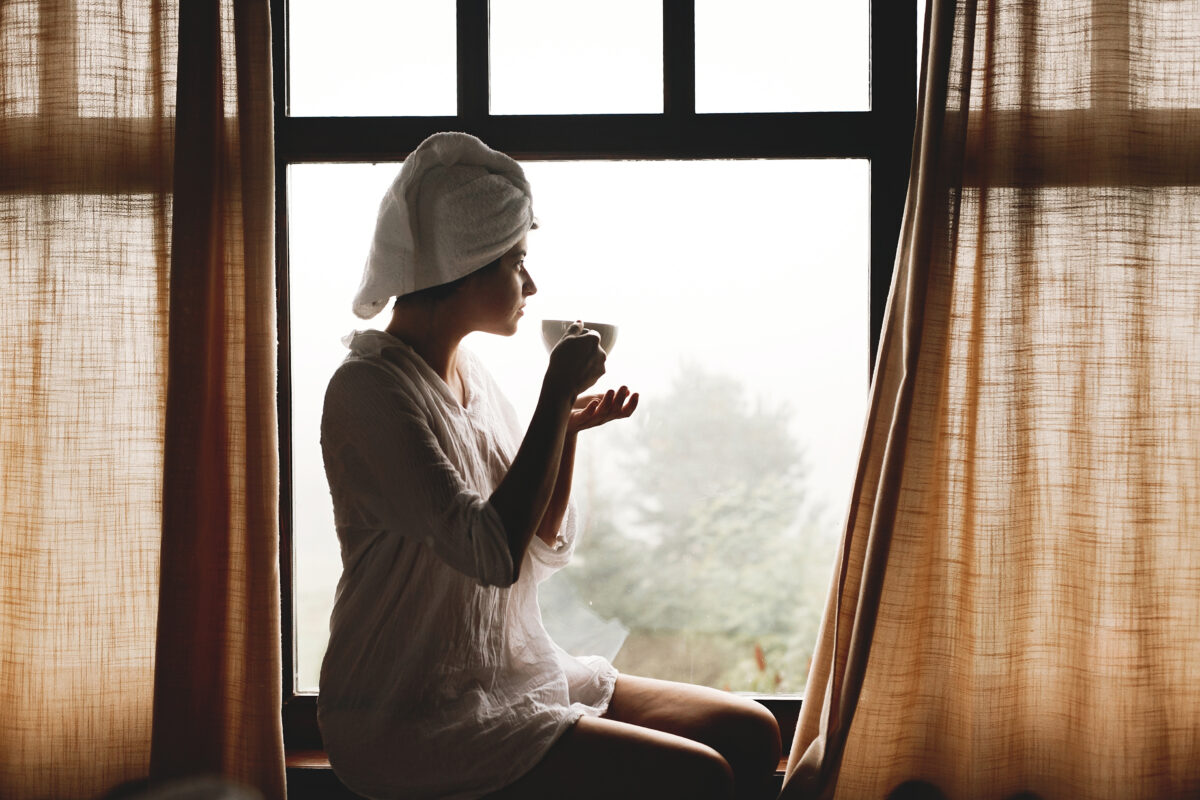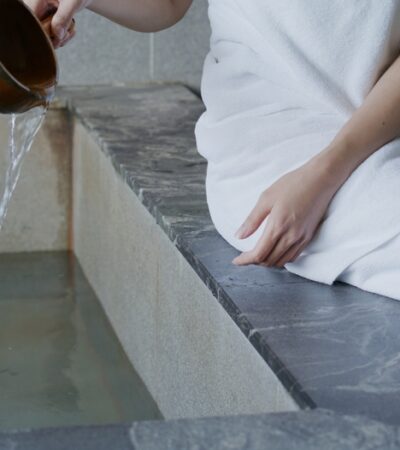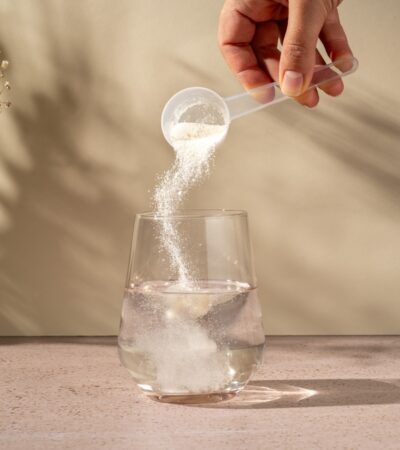It’s that time of year. The festive season has come to an end, the initial positive New Year feeling has faded and blistering winds are freezing us to the core. Hello January! It is normal to feel down when the weather and seasons change. But if you’re feeling down for most of the day, you might not just be FEELING sad; you might HAVE SAD.
SAD is a seasonal affective disorder, a type of depression that affects people mainly during the winter. Around 1 in 20 people have been diagnosed with it. It is more likely that about 10% of people suffer from SAD but don’t think their symptoms are anything more than the winter blues. We spoke to Dr Qian Xu, Co-Founder and Medical Director at REDjuvenate Medical to get a better understanding of SAD and how to combat it so that instead of merely surviving the winter, you can thrive in winter instead.
What causes seasonal affective disorder?
As a type of depression, there is still so much we don’t know about seasonal affective disorder. The exact reasons people suffer are unknown and the same factors might affect everyone differently. Research has shown that changes to your circadian rhythm, serotonin levels and melatonin play an important role in regulating your happiness through the seasons.
Circadian Rhythm: Your circadian rhythm is a 24-hour body cycle that some people call your internal clock. During these cycles, your body carries out essential functions and processes. The most important and well-known circadian rhythm is the sleep-wake cycle.
When your circadian rhythm is optimal, it promotes consistent and restorative sleep. A decrease in sunlight can disrupt this internal clock and lead to feelings of depression.
Serotonin Levels: Serotonin is a chemical messenger that works with your nerve cells. It is sometimes known as the happy chemical and does so much more than play a role in your mood. Serotonin levels affect other things that impact how we feel, such as your sleep health, digestion, bone health and wound healing.
Reduced sunlight can cause a drop in your serotonin that may lead to you feeling down and start noticing the effects of seasonal affective disorder.
Melatonin levels: Melatonin is a hormone your brain produces in response to darkness. It helps with your body’s timings for your circadian rhythm. As the light begins to wane and we enter the dark winter months, the body’s balance of melatonin can be altered. This, in turn, can affect your sleep and your mood.
How to know if you have SAD?
The first thing to know about seasonal affective disorder is that it isn’t just a winter problem. It is caused by a change in the seasons. You will start to feel symptoms arising as the seasons change, it won’t be like clockwork but as the light begins to fade this winter you might start noticing some of these:
- Appetite changes – we all love carbs but an increase in cravings can be a sign you have SAD.
- Loss of interest in activities – if you start to shy away from the things you usually love to do, think about if you no longer enjoy it or you just can’t find the motivation.
- Low energy – it’s normal to feel a little tired in winter but if you are sleeping enough and still feeling like you are tired you may have SAD
- Concentration problems – we all have off days, but if you start to lose focus regularly your body might be reacting to the change in the seasons.
- Oversleeping – there is nothing better than a warm and cosy bed in winter, but if you find yourself sleeping for too long and still feeling tired it is likely you are suffering from SAD.
Many people suffering from SAD can begin to feel hopeless, sometimes even worthless. The NHS advise you to seek out medical advice if you are finding it difficult to cope. As we know our health services can be stretched, particularly in winter, so here are a few things you can do to help you manage and even stop feeling SAD before it affects you.
What can I do to stop myself from feeling SAD?
Stick to a schedule: People suffering from seasonal affective disorder often have trouble sleeping. Creating a good sleep schedule can help your body to maintain and balance your circadian rhythm.
Sticking to an eating schedule can also help stop the weight gain you might experience from the carbohydrate cravings you may encounter while feeling SAD.
Social activities: studies have shown there may be a causal link between social isolation and depression. In winter, we often spend more time alone, indoors, hiding away from the cold and wet weather. Making an effort to see our friends and family can give us a boost to help keep out the depressive feelings of SAD.
Get moving: exercise is proven to help alleviate feelings of depression, including SAD. Outdoor activity is ideal, but if you can’t get outside because of the weather, exercising at home or the gym is also valuable to reducing feelings of SAD.
Spend time in the sunshine: This is not always an easy thing to do in winter. The early nights and late mornings mean you might never get out in the sun. When you can, try to spend time outside. Even if it is only for a brisk walk at lunchtime, this will help your body produce serotonin and regulate your circadian day/night rhythm.
Vitamin D: Vitamin D is sometimes known as the sunshine vitamin. Our body produces vitamin D when exposed to sunlight. In winter, your daily dose of vitamin D can drastically reduce. More time inside, and depending on your schedule, you might never see the sun on a work day. Vitamin D supplements can be taken. You can also find reasonable amounts to help your body in fish, eggs and liver.
Light Therapy: Many forms of light therapy are available in the winter. Sitting in a room with a SAD lamp on can effectively give your body exposure to light that mimics the sun’s rays.
There is also a new form of light therapy, full body Red Light Therapy. The natural red light frequency is isolated and applied to your entire body. This red light is key to giving your mitochondria, the body’s energy powerhouse, what it needs to function correctly. This helps with melatonin production and your circadian rhythm regulation and gives you the energy boost your body craves in winter. You can find a full-body red light therapy treatment at Redjuvenate Medical.
Seasonal affective disorder is a common problem. You don’t have to suffer in silence or dismiss it as the winter blues. Don’t just let yourself feel sad this winter, hoping for the sun to come back. Follow our steps above to give yourself the best chance of avoiding the winter blues.
READ MORE: Back Off Winter: Top Derm Shares Skincare Tips & Her Holy Grail Products















